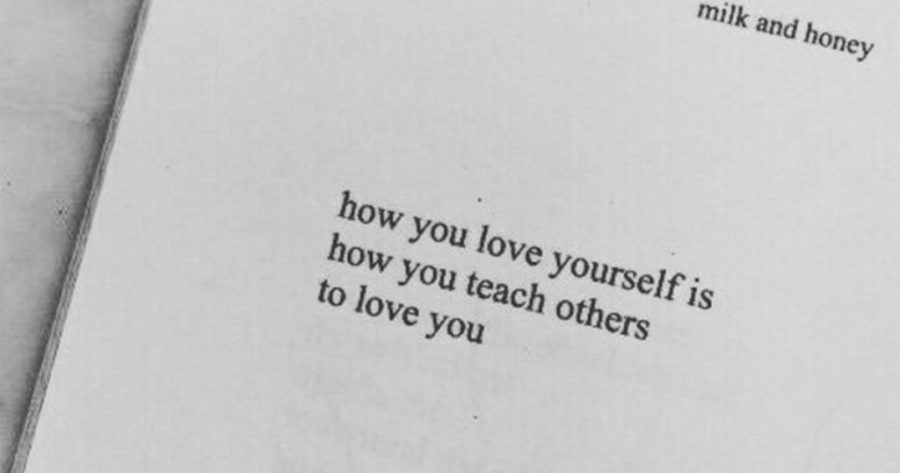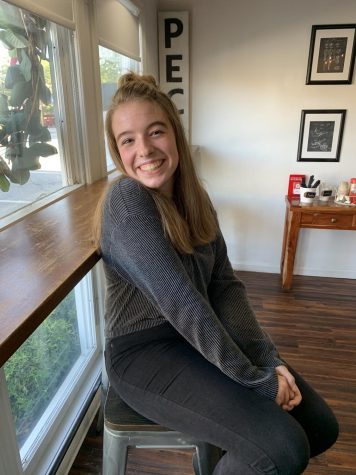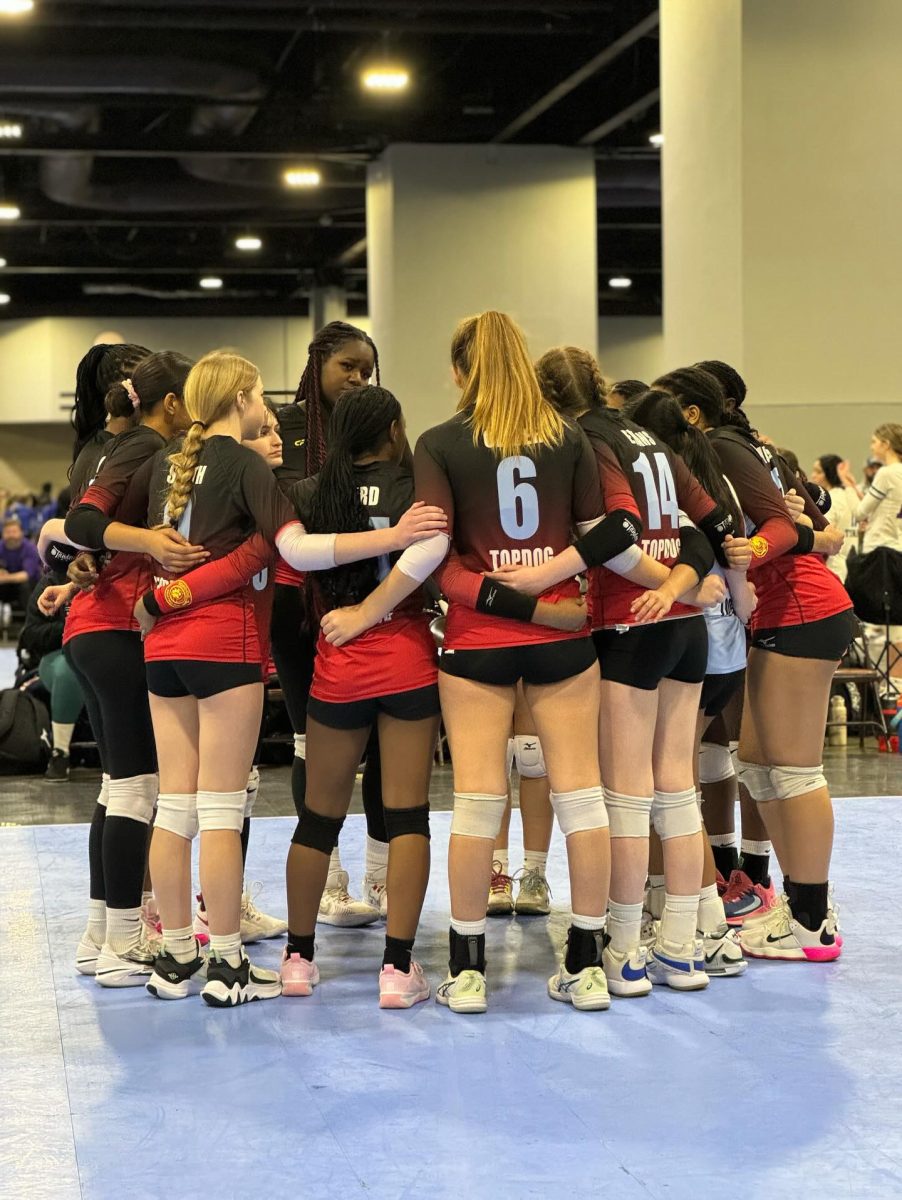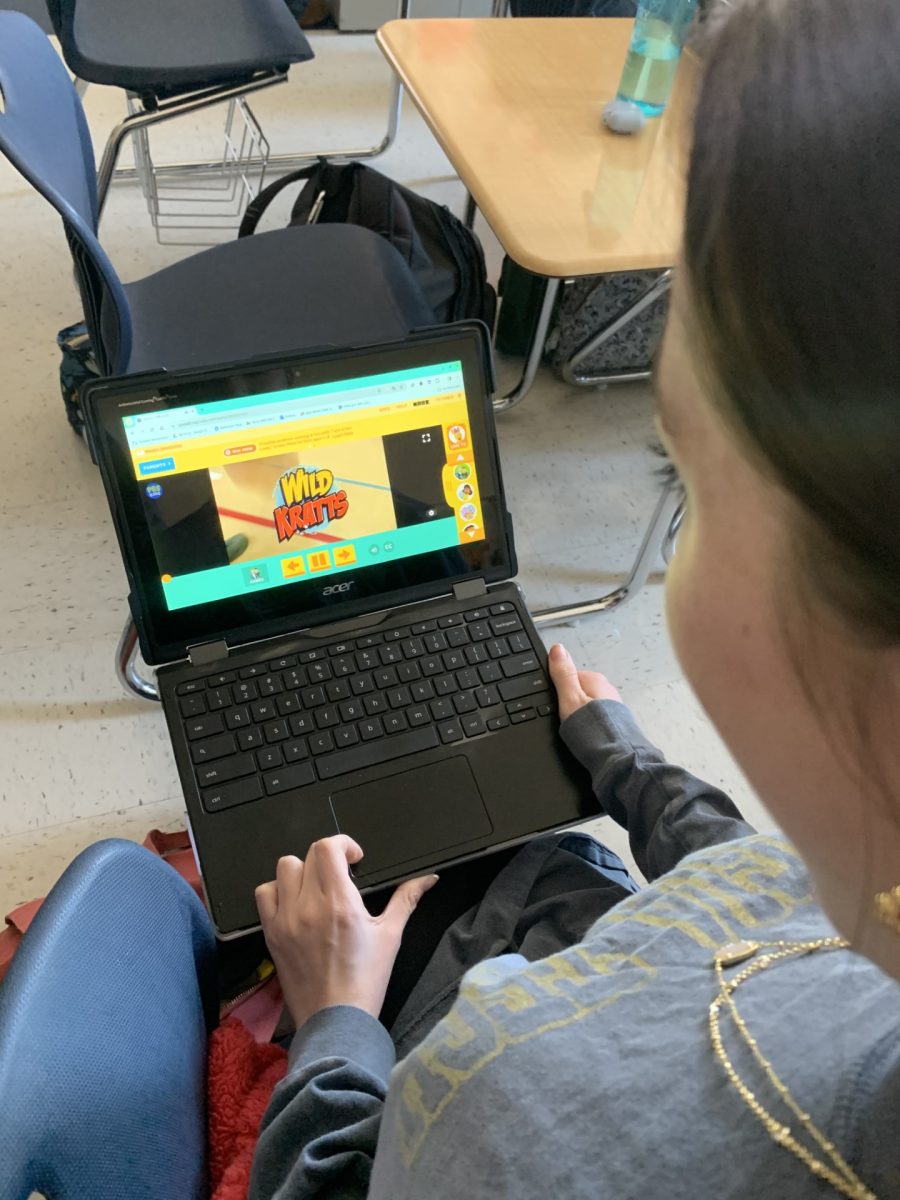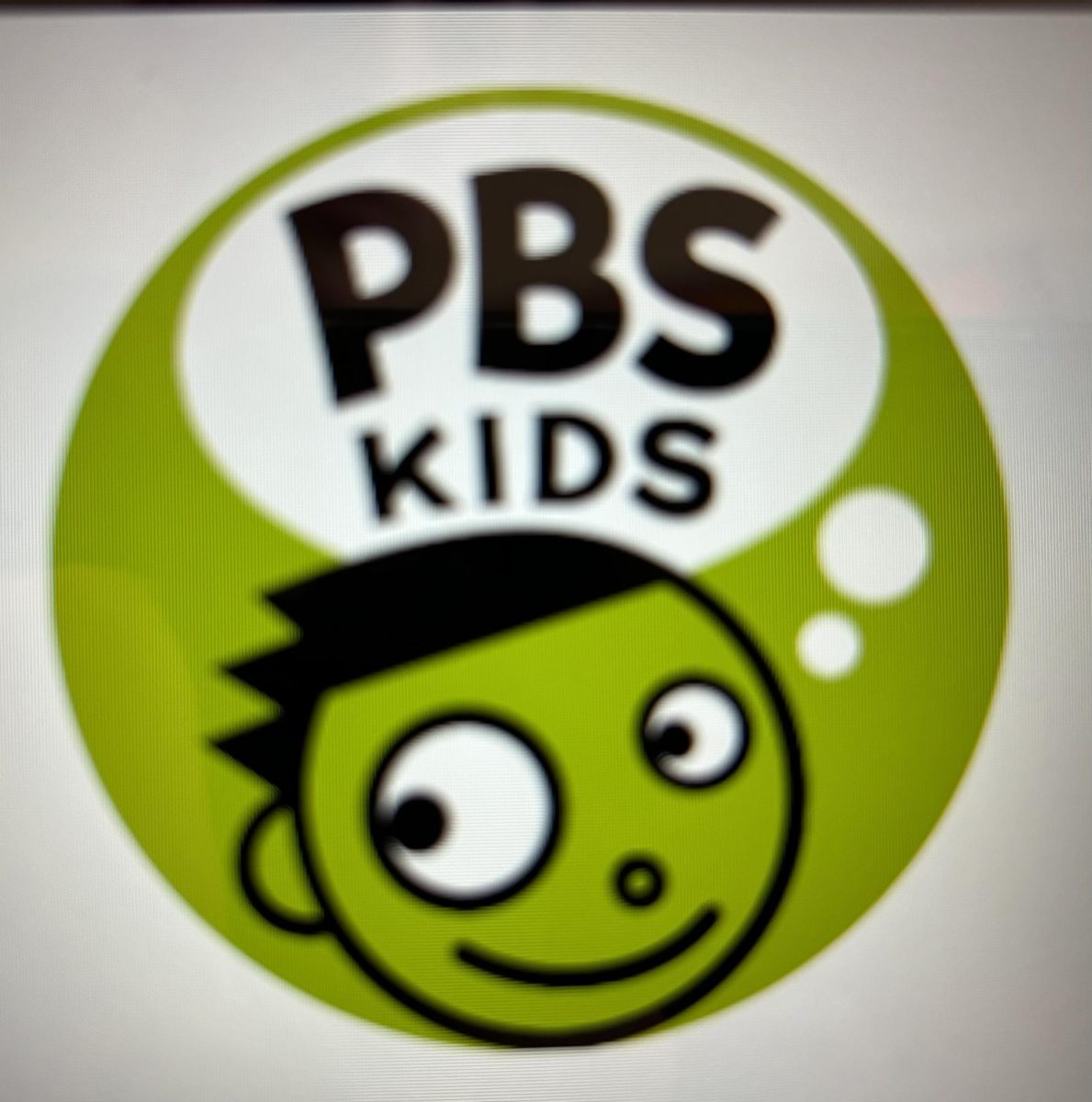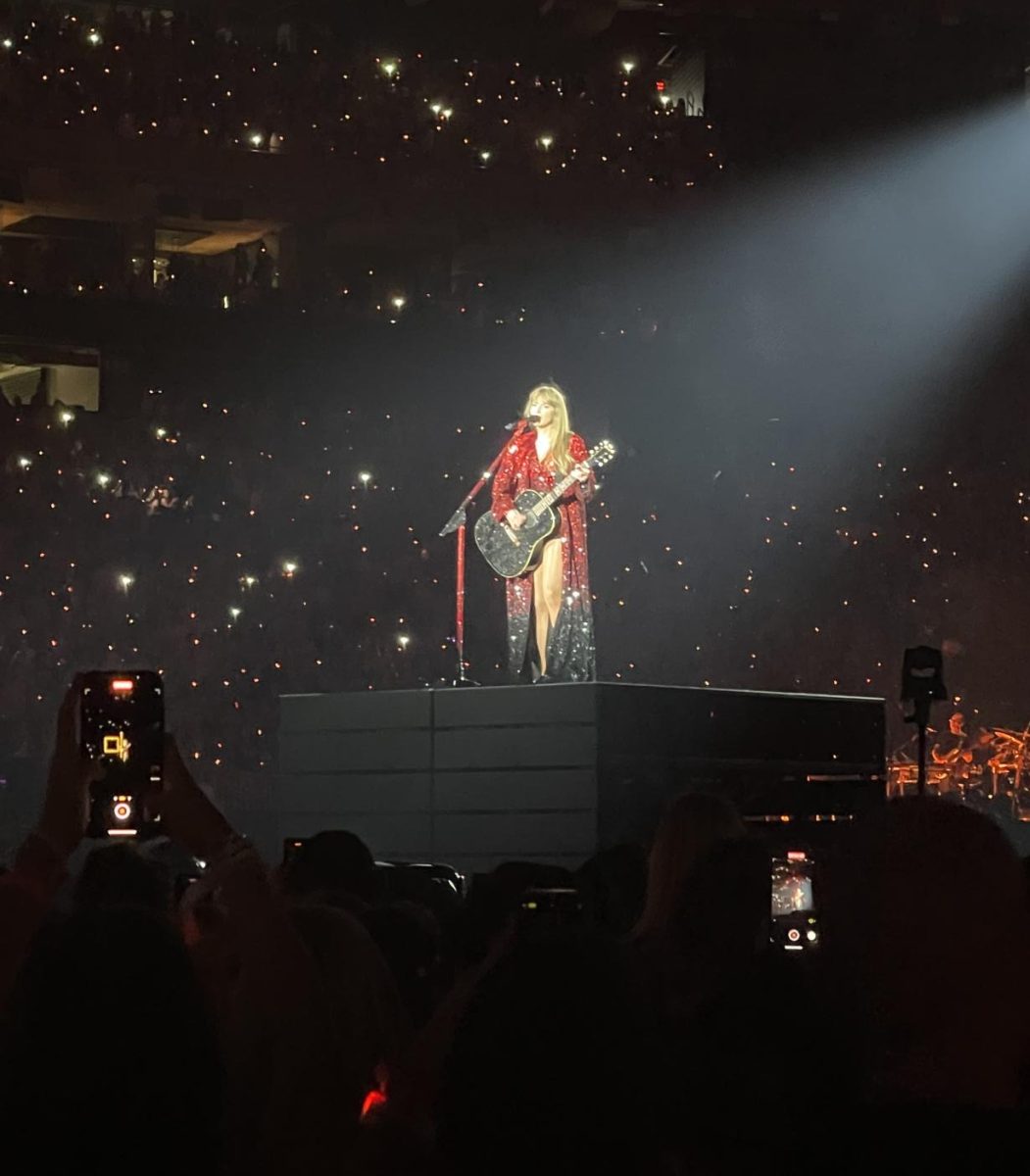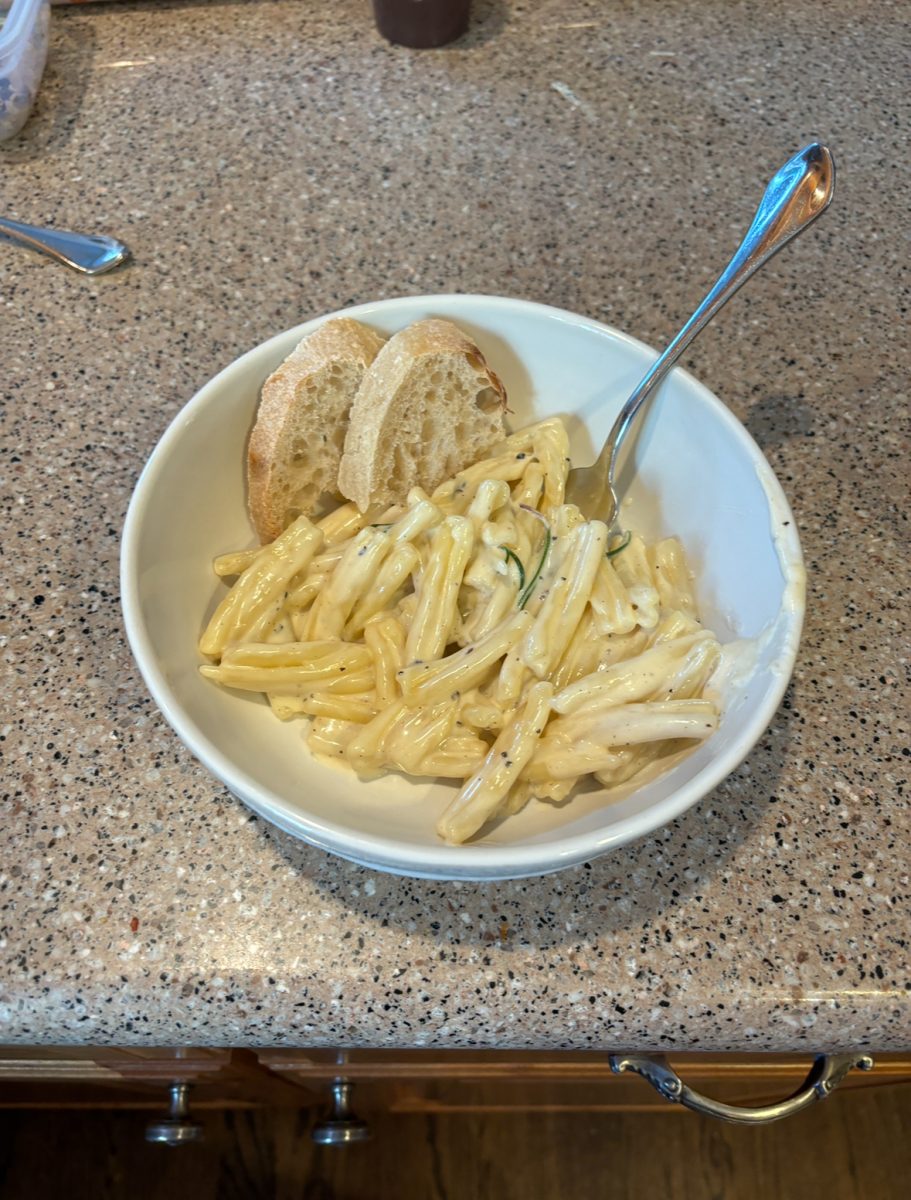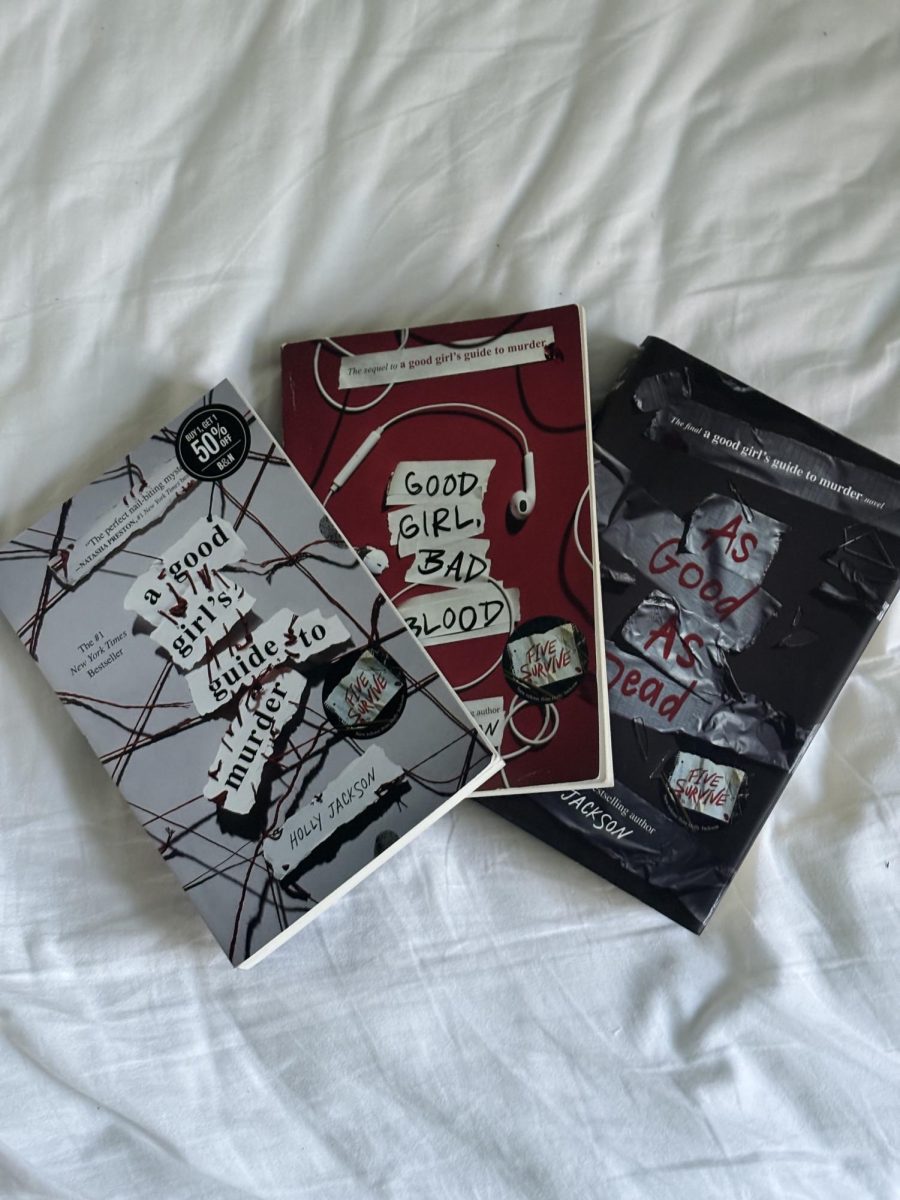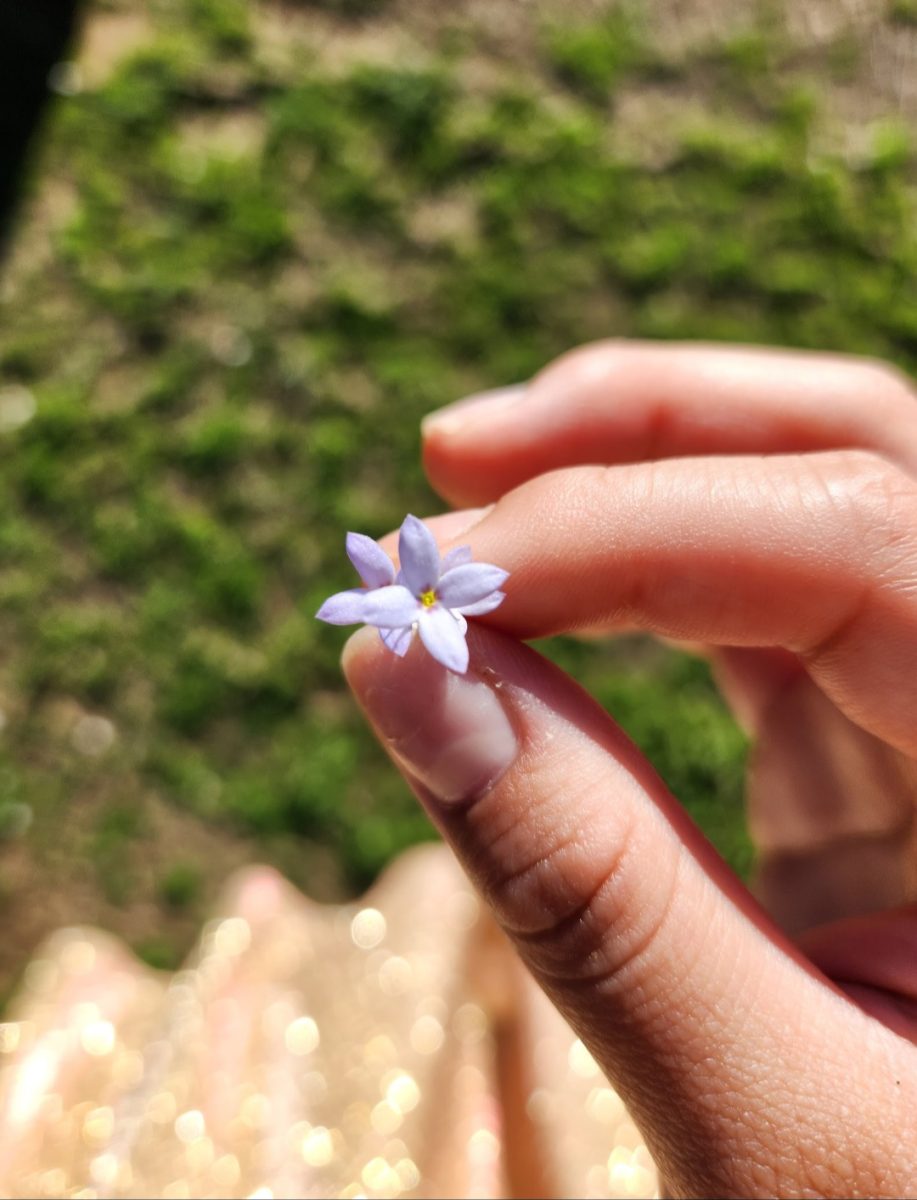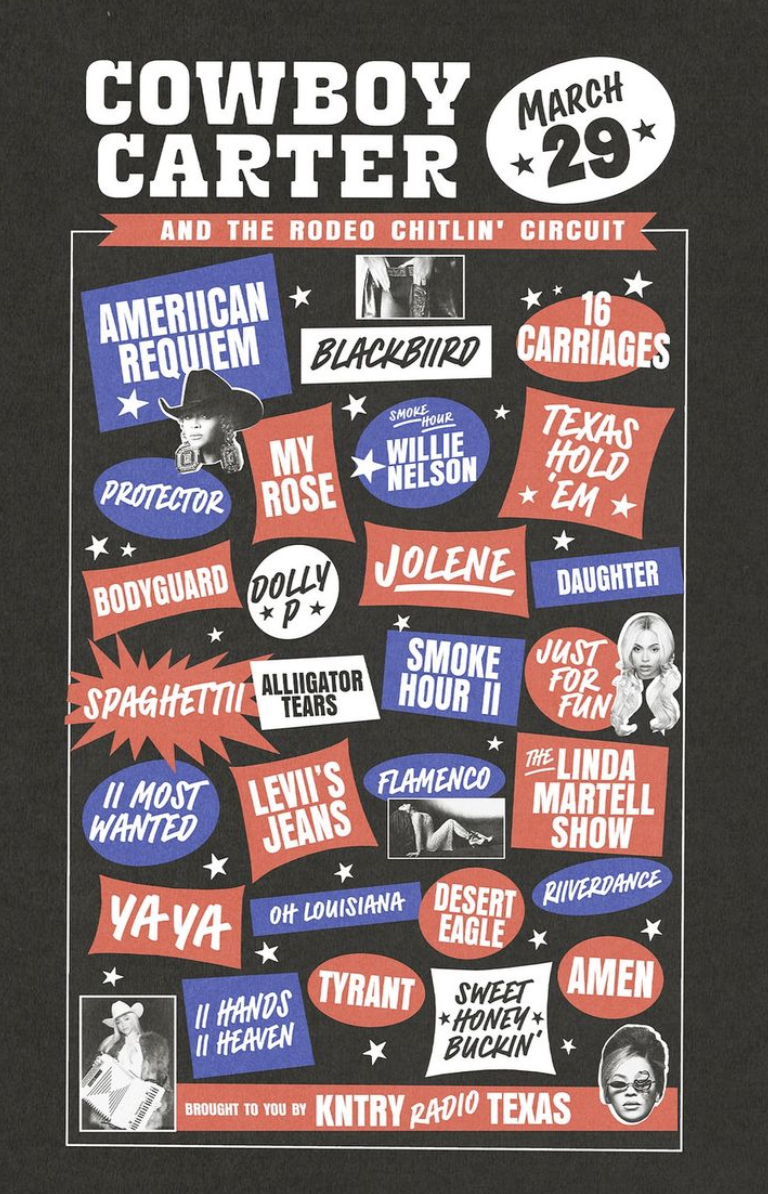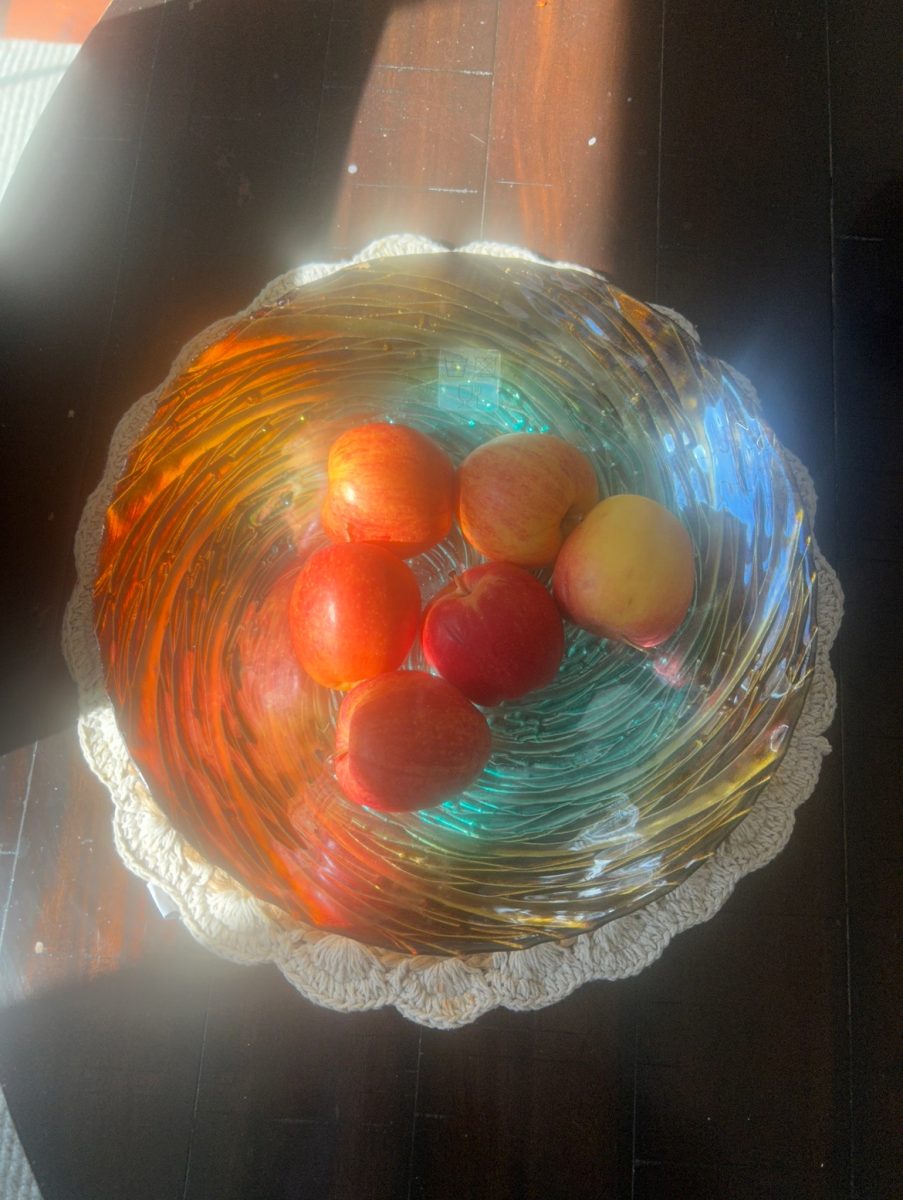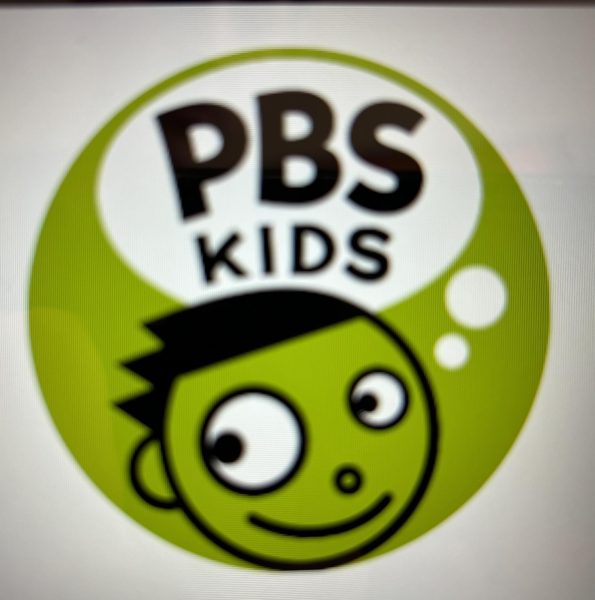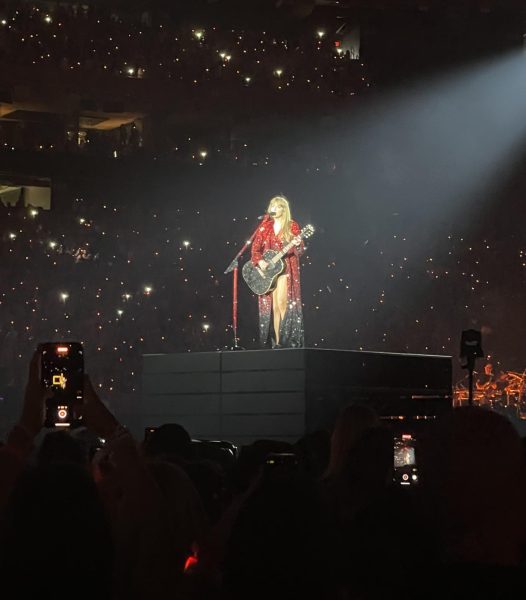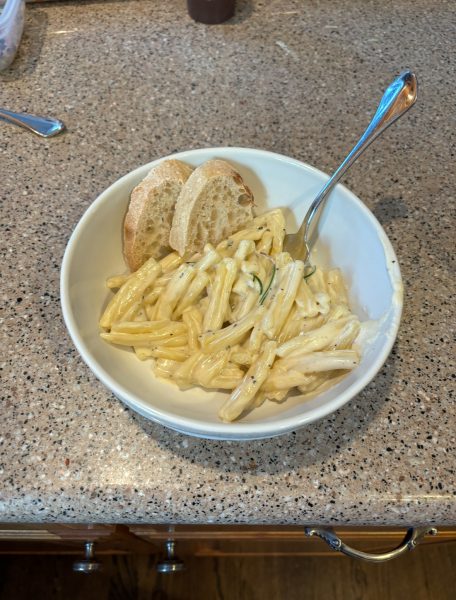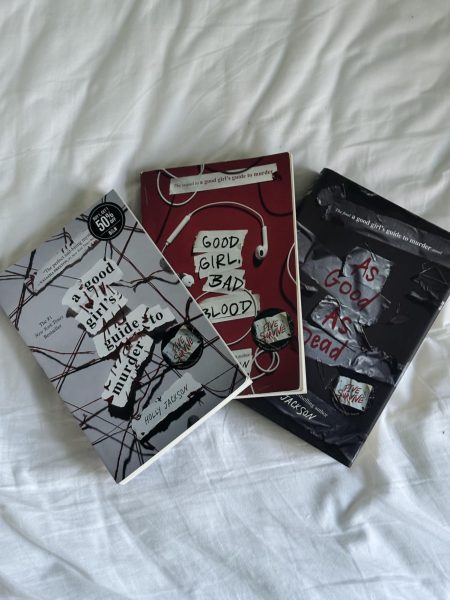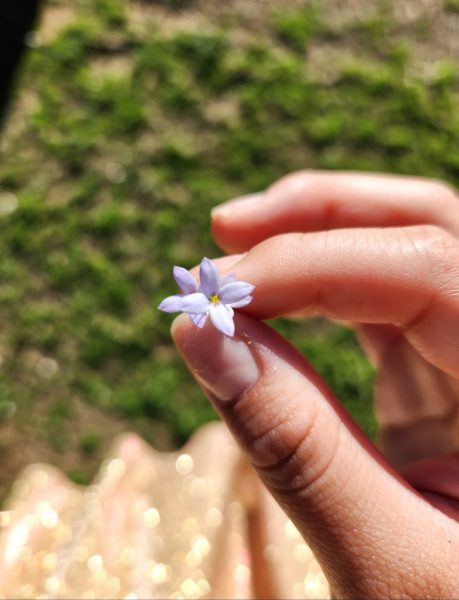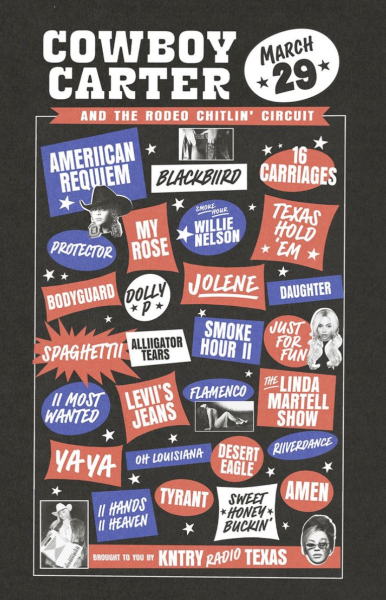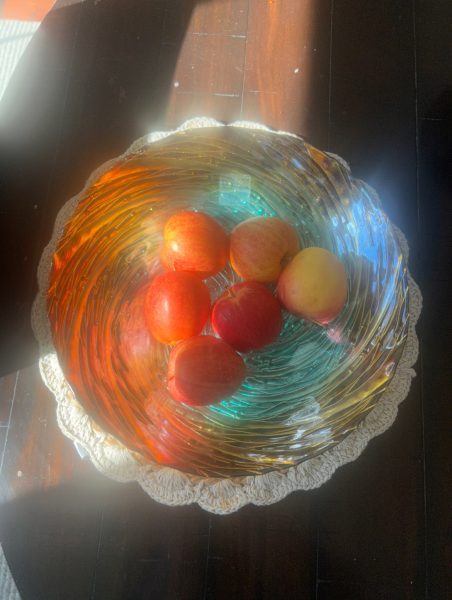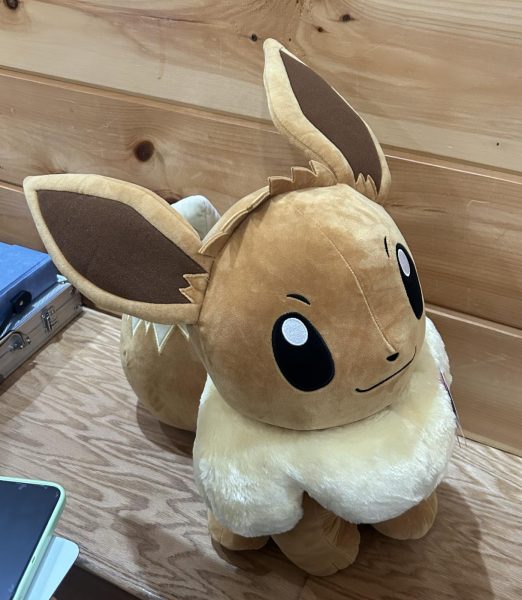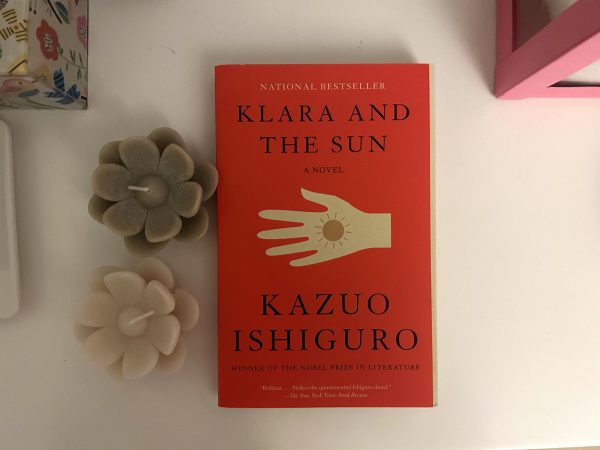Rejecting the Rise of Instapoets: Poetry You Should Read Instead of milk and honey
Photo courtesy of Sweety High.
milk and honey by Rupi Kaur.
November 4, 2019
Rupi Kaur’s 2014 poetry collection milk and honey spent over a year on the New York Times Best Seller List and sold over 2.5 million copies, so if you read this book, I understand why. If you genuinely enjoyed this book, I’m not sure I can say the same.
I was excited to get another chance to read milk and honey in February for a poetry project in my American Literature class. I’d already read it soon after it came out, and remember enjoying it. Granted, this initial reading was probably closer to skimming, and I hadn’t yet read any poetry outside of school, so I didn’t yet have a baseline for what I enjoyed or considered to be “good writing”. Kaur’s short prose seemed mature, modern, and profound. It was intriguing to me that she was able to discuss such complex subjects with such limited space.
The problem with this analysis, though, is that she didn’t really discuss anything. Upon reading the collection a second time, I found her writing nondescript, uninteresting, repetitive and pretentious. Poems that once seemed raw and emotional now appeared incomplete and poorly thought out. I could not possibly understand the acclaim Kaur received as a writer or the social media posts that seemed to elevate her voice as one that could speak for a changing generation, one begging for the rejection of classic or canonical poetry dominated by white men.
While I really enjoyed feeling like I was reading a really different approach to poetry, I genuinely did not feel that the poems were long enough to evoke emotion. Most all of them left me feeling that they were incomplete and not fully fleshed out. Although I did appreciate each poem relating to a chapter of sorts, their connection didn’t seem consistent enough for me to look over each poems distractingly short length.
Many of the reviews that I read praised Kaur for her use of feminism and empowerment to juxtapose her descriptions of abuse and trauma. But just because you attempt to discuss something, doesn’t mean it evokes actual emotions.
For me, emotion takes priority over what actually happens in a poem. A narrative is different in that the plot itself is absolutely integral to the writing itself, and therefore my enjoyment of it. Personally, I wouldn’t argue that this applies to poetry because for me poetry is all about some sort of emotion.
In other words, just because you deal with a complex, controversial, or even emotional subject matter, it doesn’t mean your poem is going to automatically convey emotion.
milk and honey, at its core, is easy to digest and visually appealing, which could possibly be the reason I’ve seen it everywhere for a solid couple of years. it has been consistently praised for dealing with complex topics, despite doing this with a flagrant disregard for actually describing these issues in their complexity.
Kaur’s success was followed by a wave of other “Instapoets,” like Amanda Lovelace and R.H. Sin. I personally find their work (dubbed as its own genre called “Instapoetry”) to be bland and not particularly enjoyable. Supporters of the genre argue that these authors bring poetry to mainstream platforms and provide a voice to readers who have historically been under or misrepresented by the poets of the past.
Topics they write about often include love, sexuality, and politically charged themes, which attracts social media users that also care about them. Although this is understandable, I’d argue that there are other more engaging and dynamic poets that take on these topics with power and style.
When I’ve shared my disdain with poets like Kaur and Lovelace, I’ve been met with the argument that the movement brings poetry to mainstream audiences, especially by using social media to create easily-accessible pieces. Protesting this effort could seem a bit arrogant or elitist. It’s not elitist, however, to want something more as a reader. When I read poetry, I’m drawn to poets that take me, the reader, seriously. Instapoetry’s watered-down excuse for prose just doesn’t accomplish this in my opinion, and goes beyond “leisure reading”. If I want to read something for fun, I’d much rather read something that is fun, rather than an overly-simplified piece of literature posing as a serious political and social commentary.
If you didn’t enjoy Kaur’s collection (or her other, very similar works, for that matter), or you’re interested in reading other poetic perspectives on the topics she discusses, I’d recommend checking out the authors listed below. Many of their poems are available online for free through The Poetry Foundation and the authors’ websites.
Audre Lorde
I first read Audre Lorde’s poem Hanging Fire in middle school, and it holds a special place in my heart as my first introduction to more contemporary poetry. The poetry I’d read before didn’t use a terribly wide variety of speakers the way Lorde does in her work. Topics Lorde deals with include sexuality, race, civil rights, and injustices, all told in an engaging style.
Margarita Engle
American-Cuban poet Margarita Engle has written several children’s books, taught as a professor of agronomy, and holds a doctorate degree in Biology. None of these endeavours detract from her accomplishments as a poet, however, which include being published in several literary magazines and winning multiple awards. I first read her work in the Atlanta Review at the Decatur Book Festival this year. I’d recommend her work for anyone interested in Cuban and Latin American culture. Her poems are often inspired by true stories based on her Engle’s life in Cuba and are refreshingly varied in length and motifs.
Jen Bryant
If you’re a fan of shorter poetry, Bryant’s work is an excellent place to start. In my opinion, poems like And later… and Fecundity, which are both a bit longer than most of Kaur’s poems, are descriptive yet simple. On the surface, her work focused on observations of flora and fauna, but she uses these seemingly easy to grasp subjects as a way to construct personal narratives.
You may enjoy these authors, or you many respond to their work with the vitriol that I have to Rupi Kaur’s. But if you want to start expanding the poetry you consume to equally available, arguably more meaningful prose by more experienced authors, start with the names above. It’s completely worth it.

